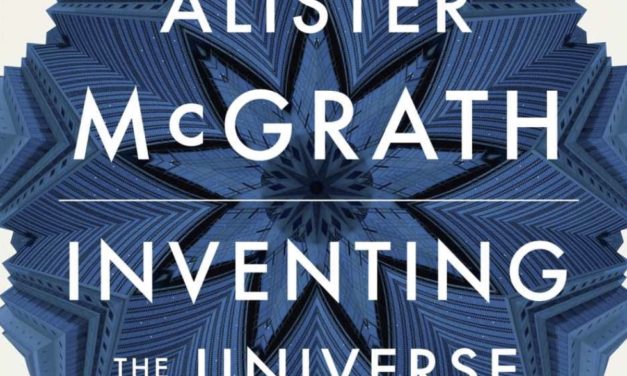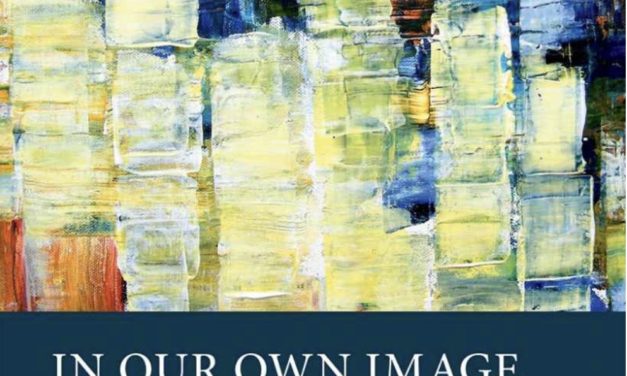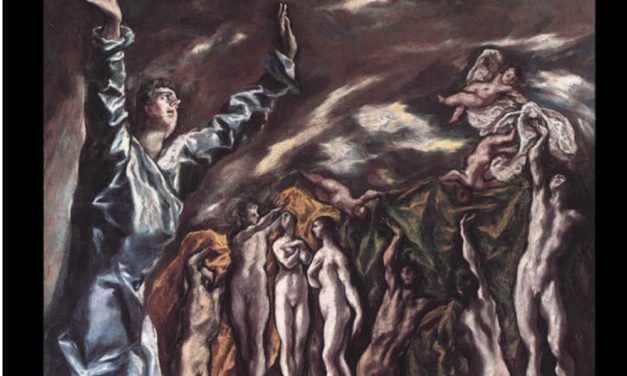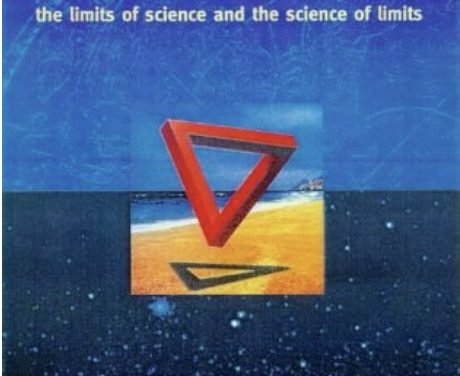Is Religion Irrational?
If the New Atheists are to be believed, religious belief is not only dangerous and irrational, but just plain stupid. With increasingly intolerant polemic they are dismissing the views of religious people, and misconstruing them in the process.
Read More





